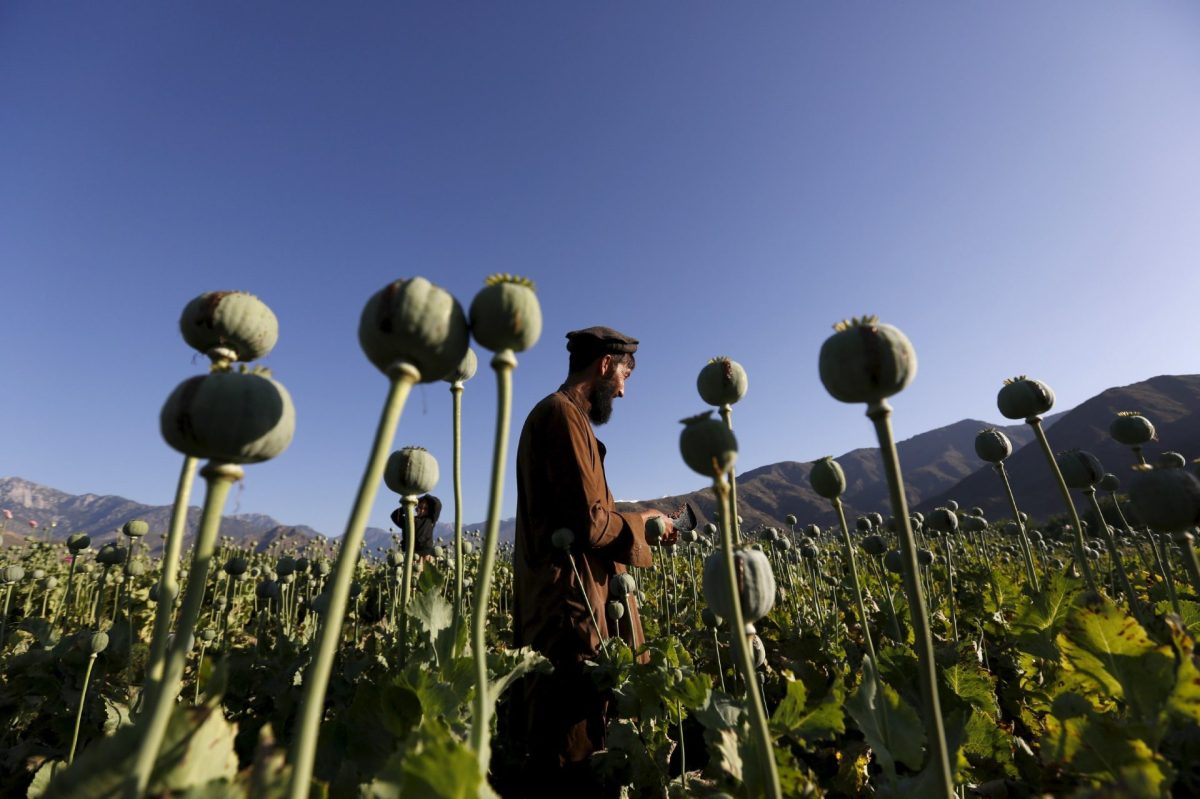According to the publication, opium output declined throughout the country from 233,000 hectares in 2022 to just 10,800 hectares in 2023. The nation’s global opium supply has shrunk by 95% to 333 tons, with many farmers having switched to growing wheat.
The Taliban’s leader, Mullah Hibatullah Akhundzada, banned cultivation of poppy in April 2022, and the Interior Ministry said it would destroy any remaining crops.
According to media reports, no such supply reductions were achieved during Washington’s 50-year war on drugs, including two decades of US presence in Afghanistan. The country has historically accounted for more than 80% of global opium production and 95% of European opioid supplies.
Meanwhile, UNODC reported in December that Myanmar has emerged as the world’s new center of opium production and supply after seeing a significant rise in poppy farming. The watchdog announced that the economic, security, and governance disruptions in Myanmar that followed the military takeover in February 2021 “continue to drive farmers in remote areas towards opium to make a living”. Poppy cultivation is expected to accelerate in the near future in the Southeast Asian nation, the UNODC has projected.
